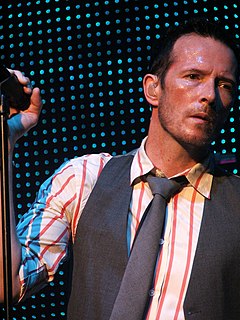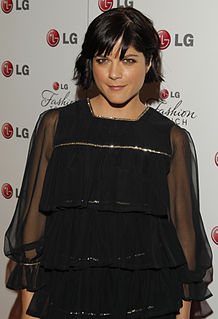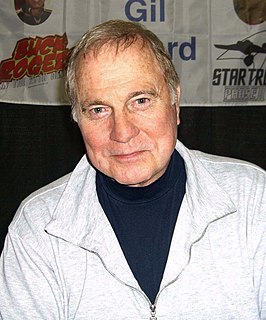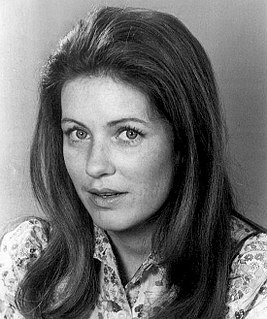A Quote by Scott Weiland
I suffer from manic-depressive disorder, and I've chosen not to take medication for it. Because of that, every once in a while I go through manic episodes and really depressed episodes.
Related Quotes
Manic depression is a type of depression, technically, and it's the opposite of uni-polar. Manic depression is also called bi-polar disorder. Some people don't like to call it that because they think it makes it sound too nice, when the reality is if you have manic-depression you have manic-depression.
I knew I was a manic depressive when I was 13 or 14, and I loved it. I always told people what I had, and I was always cresting on a manic wave. I used it, willingly and happily, and it was an extraordinary experience. When I got hit with the depressive side - Boom! - yes, it was horrible and unendurable, but that's part of the story.
I very classically would go into manic phases, which were as dangerous, if not more so, than the depressed phases, and I think I'd come up with the best ideas I ever had, and then the next day, I'd look at them and be like, 'This is nonsense,' because it was born out of a manic episode. What a waste of time.



































